557 Best Alcohol and Drug Rehabs in North Carolina 2025
Discover the top alcohol and drug rehab centers in North Carolina, United States. Explore 557 nearby treatment facilities providing inpatient, outpatient, and detox services.
Use filters to search by payment options, amenities, specialty programs, and more to find the perfect treatment for your unique situation.
557 Treatment Centers in North Carolina, US
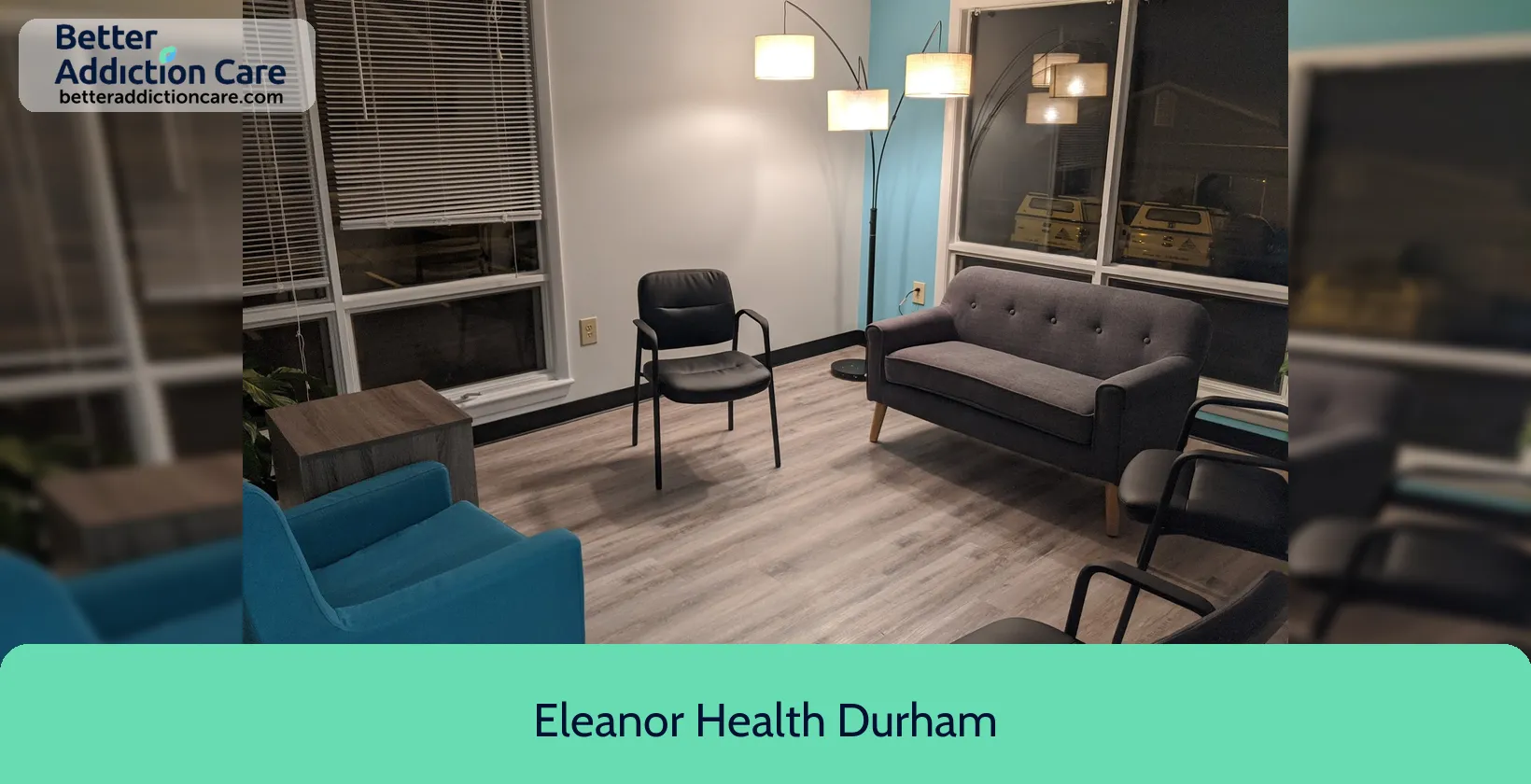

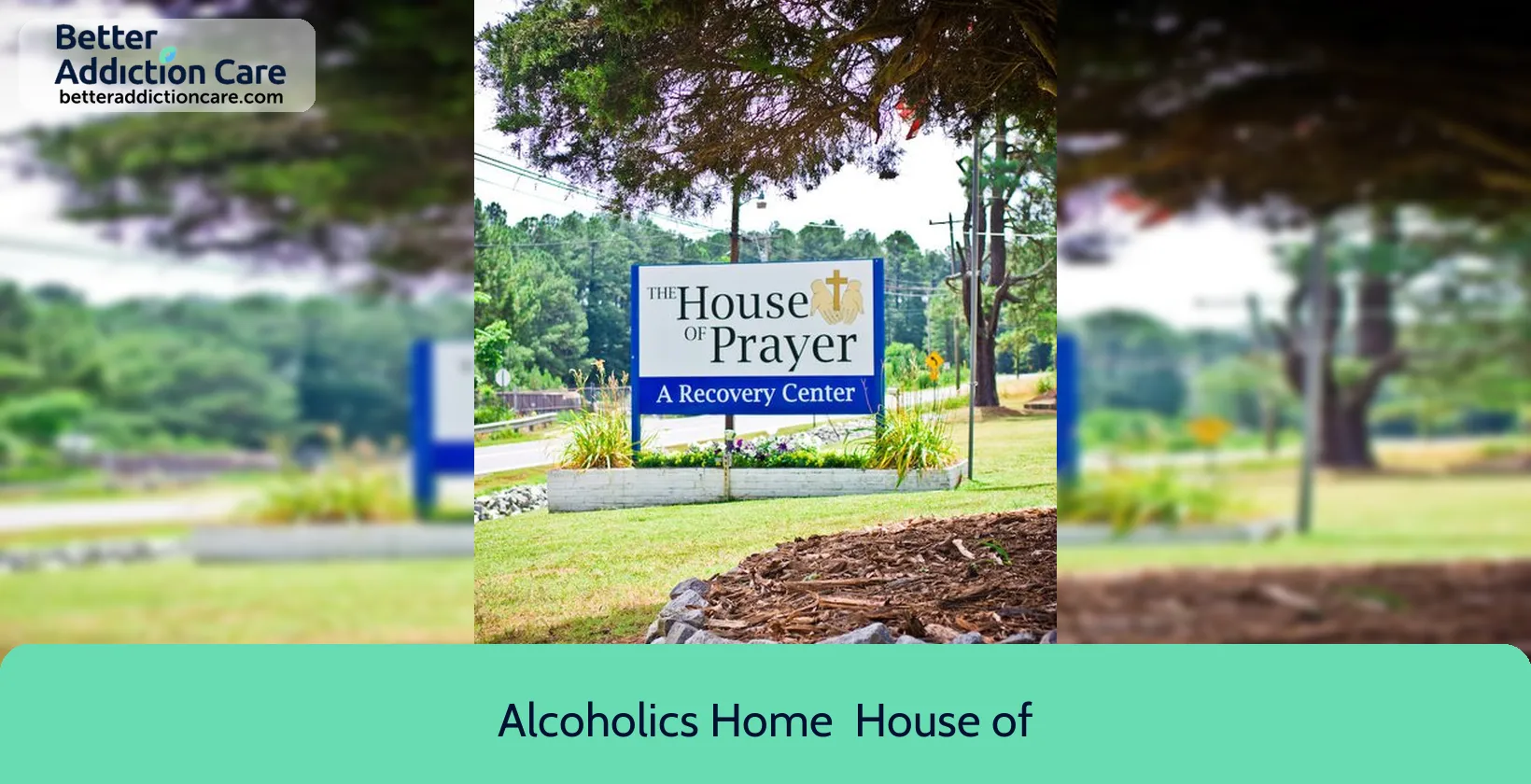
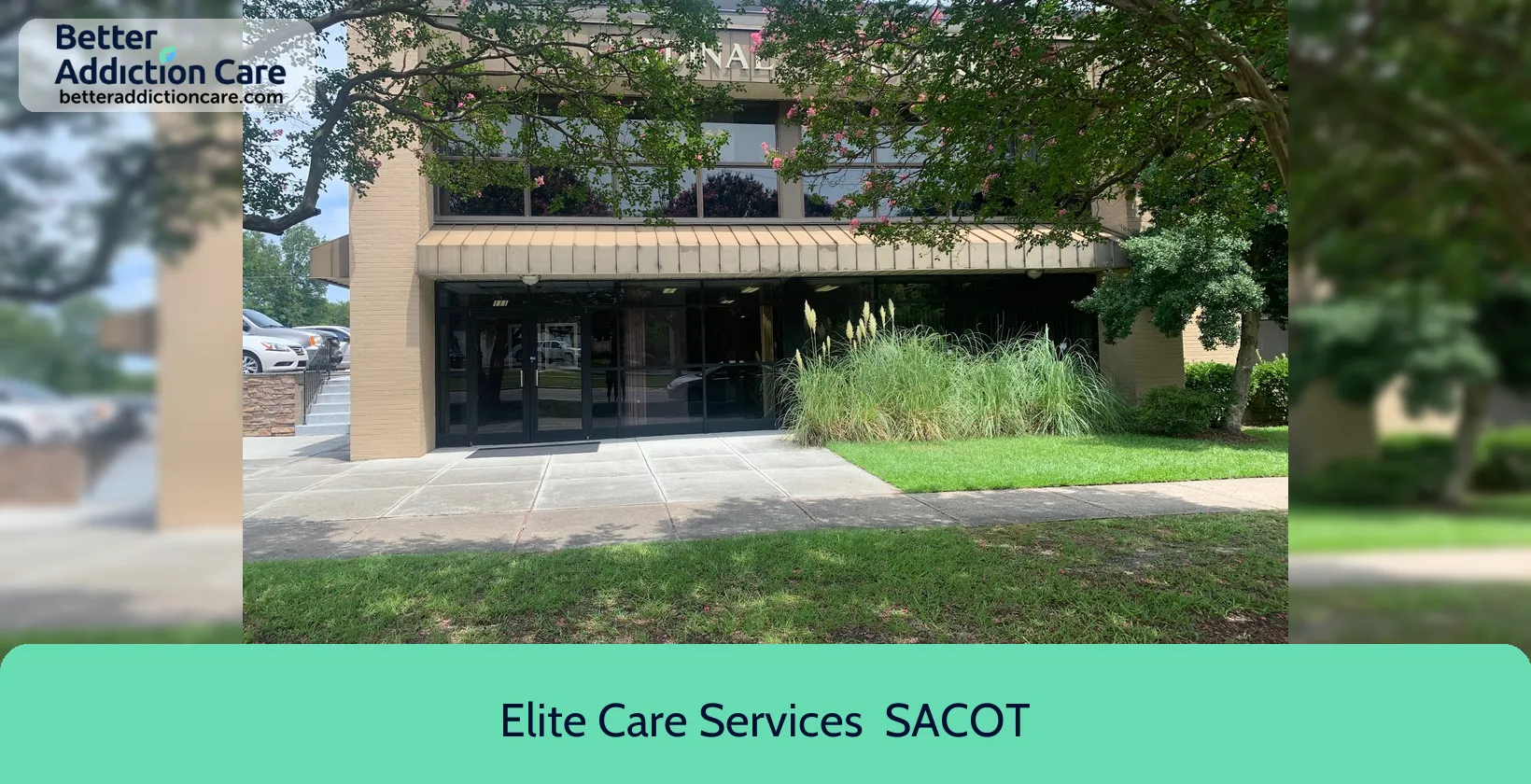
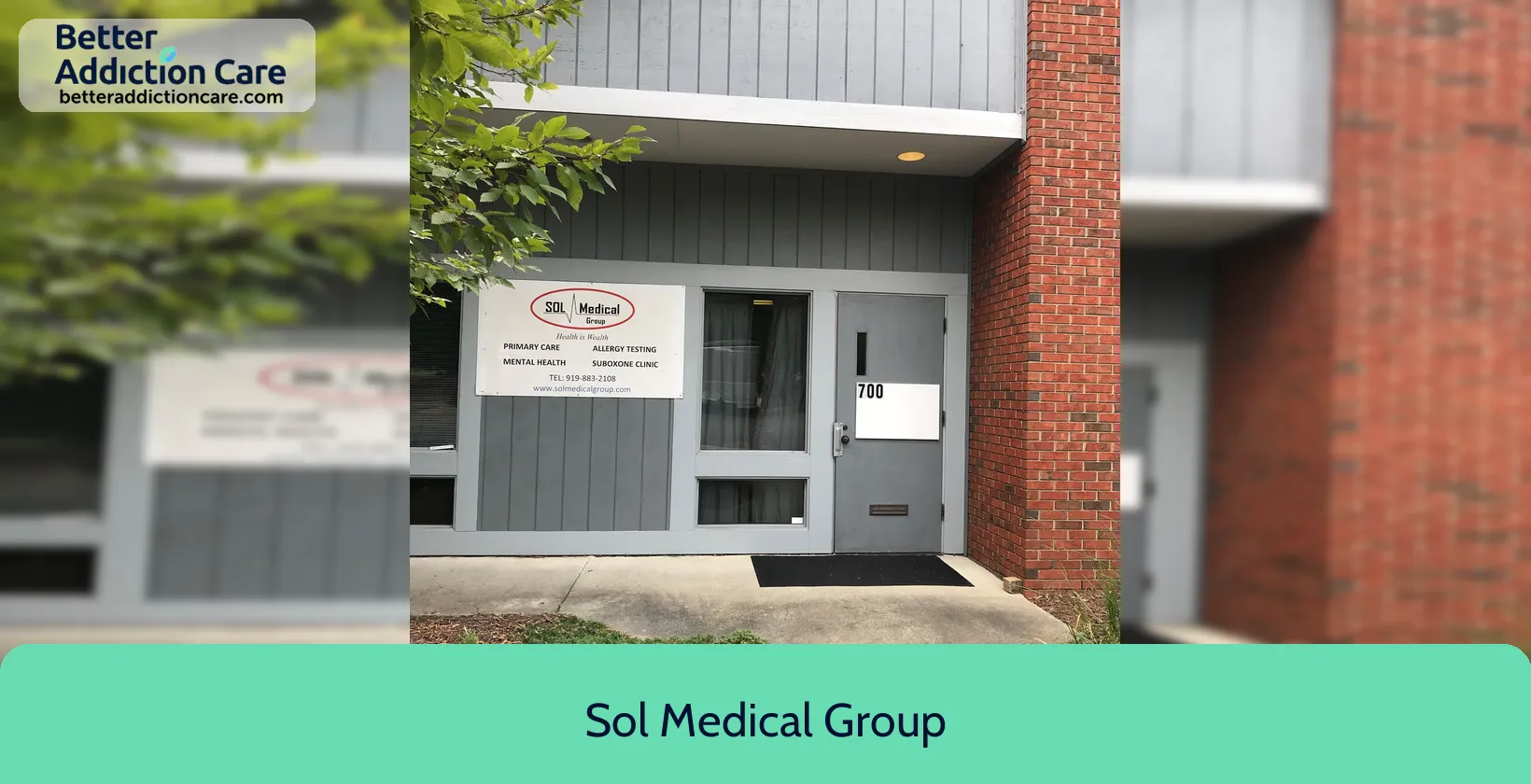
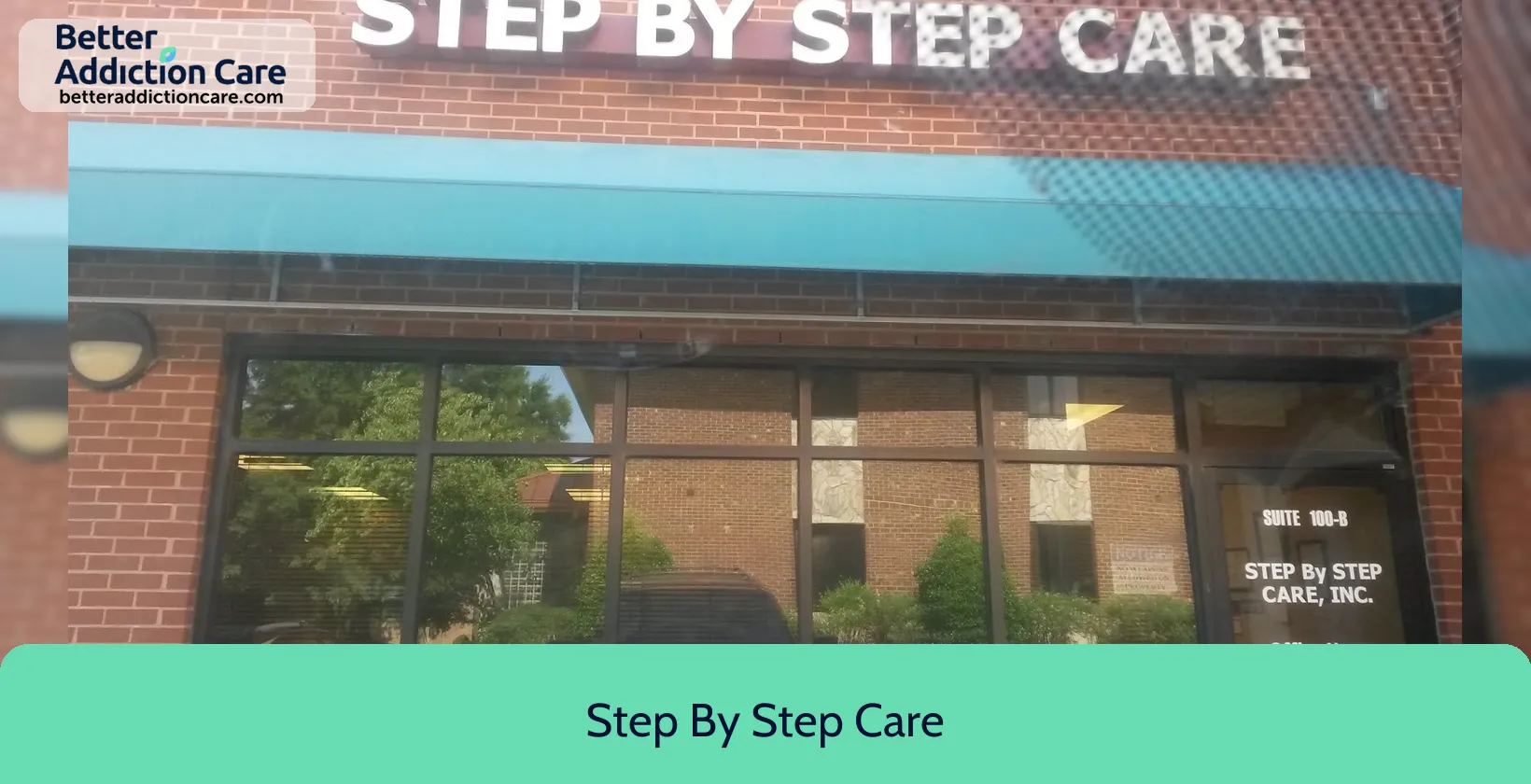
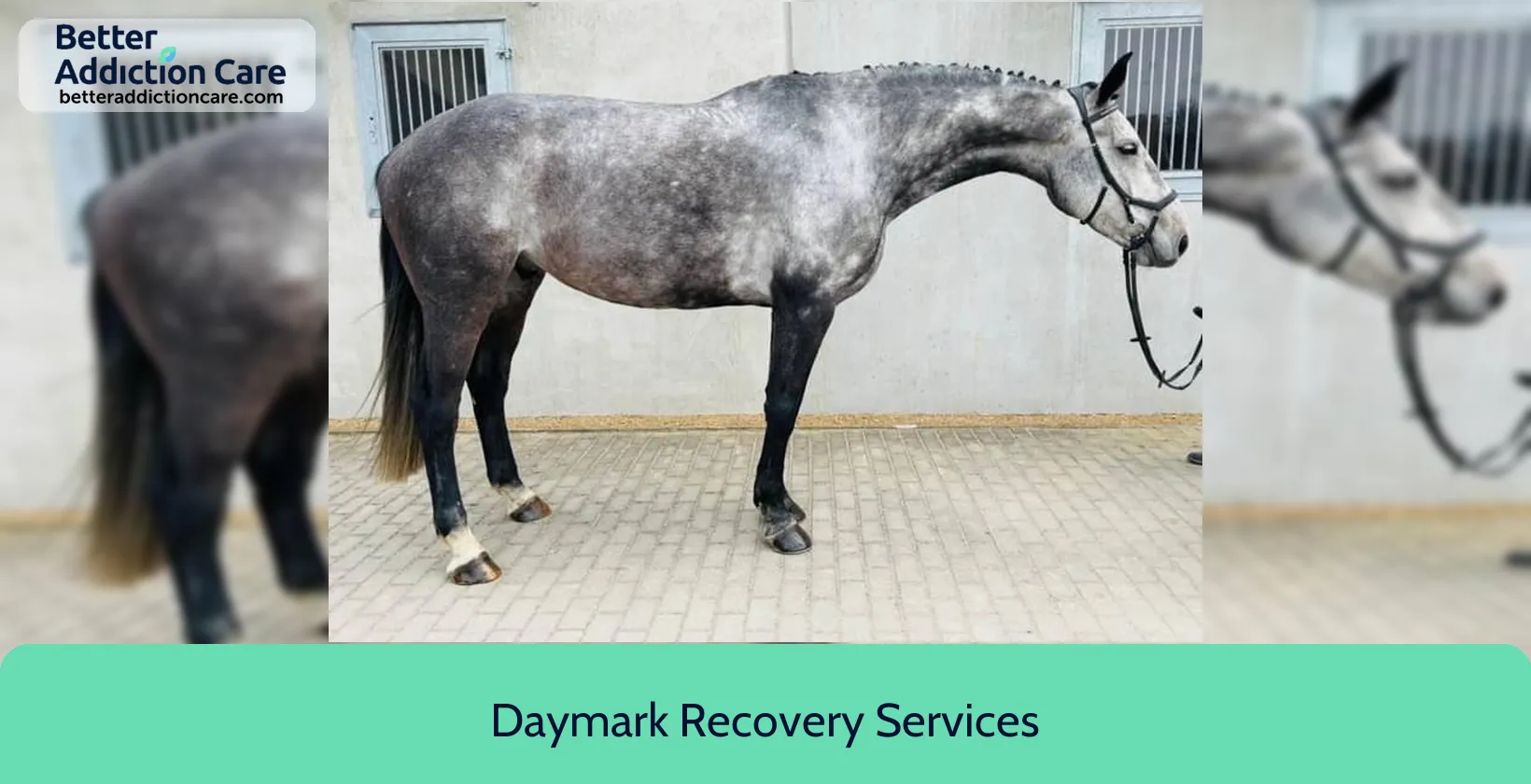

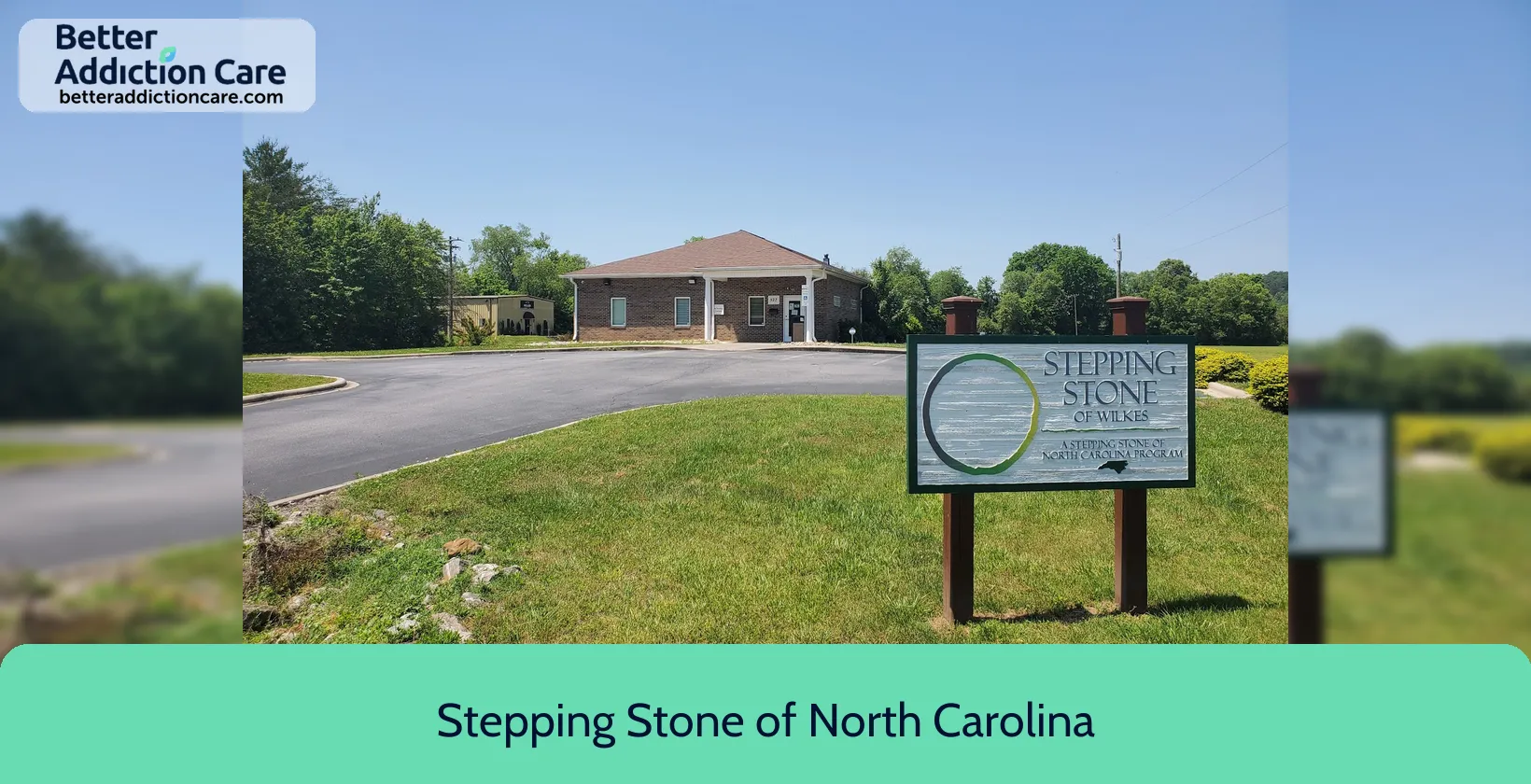












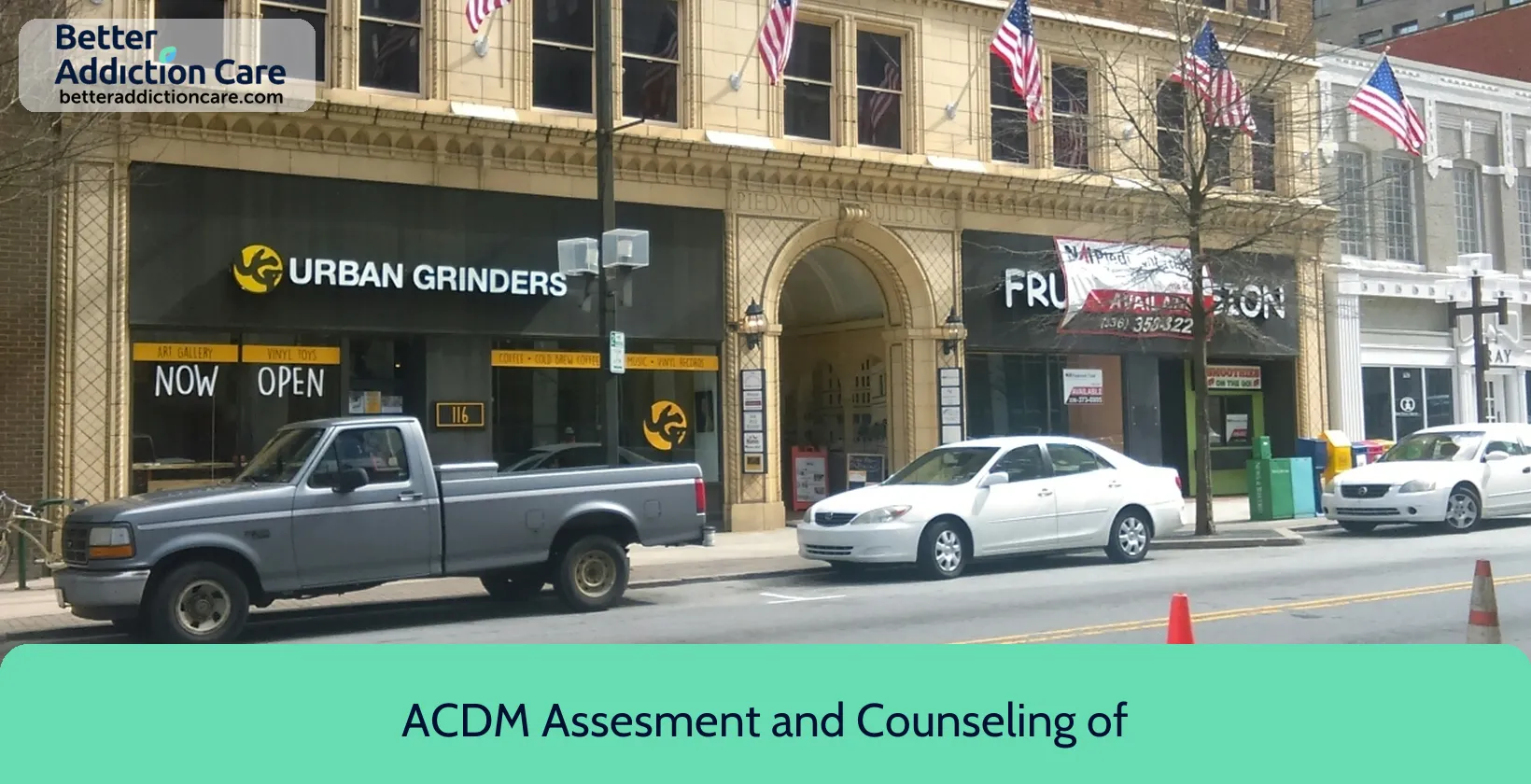

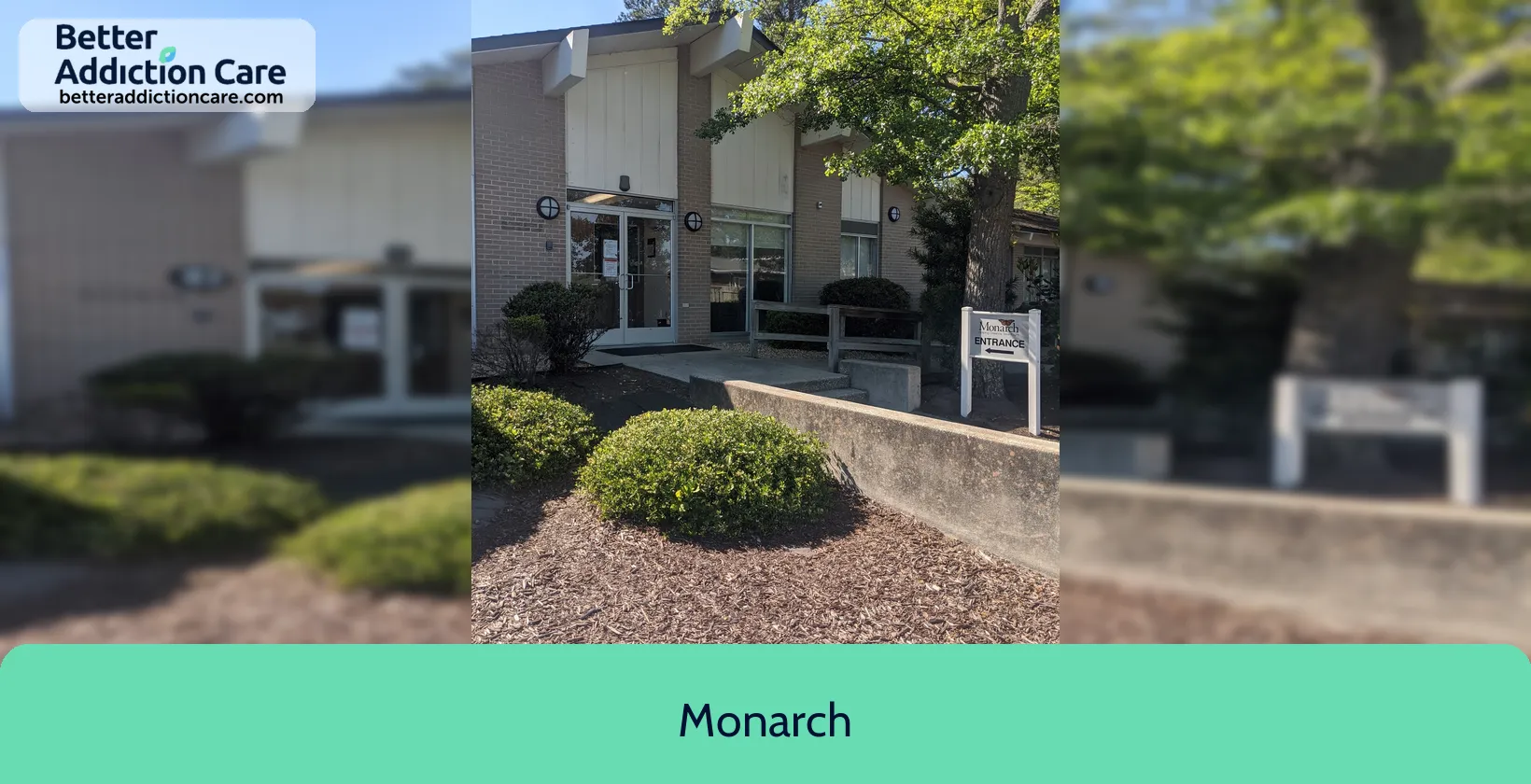

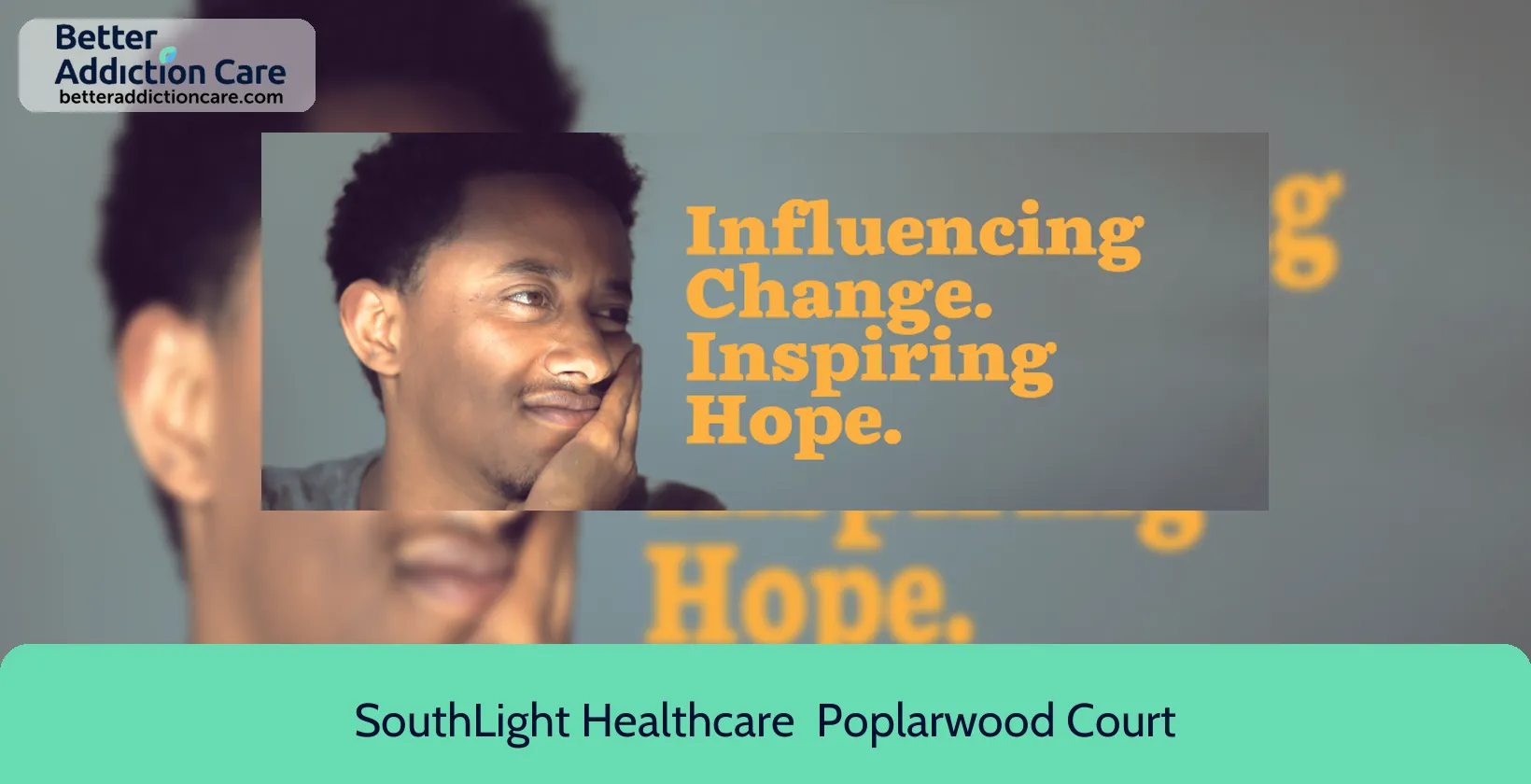


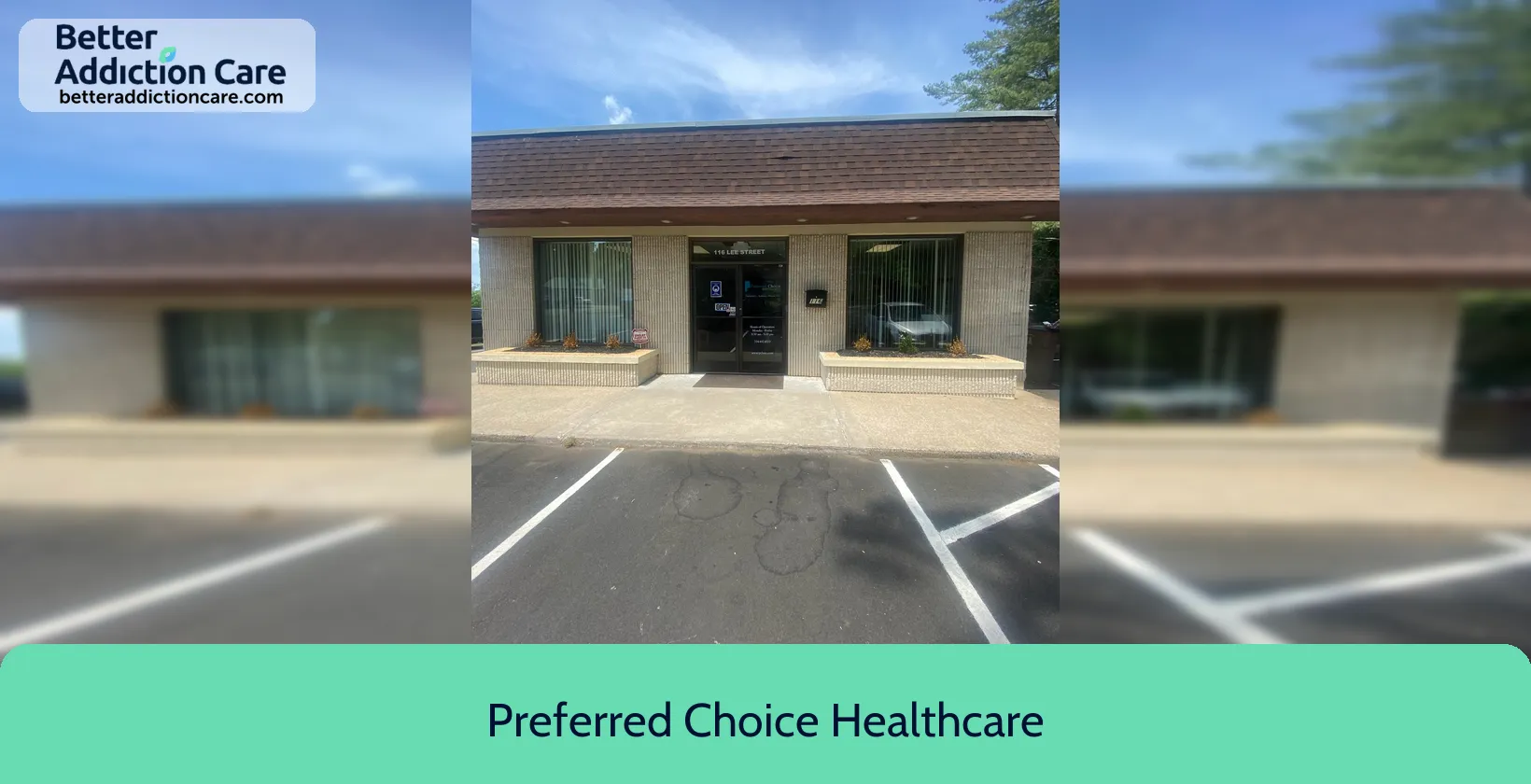

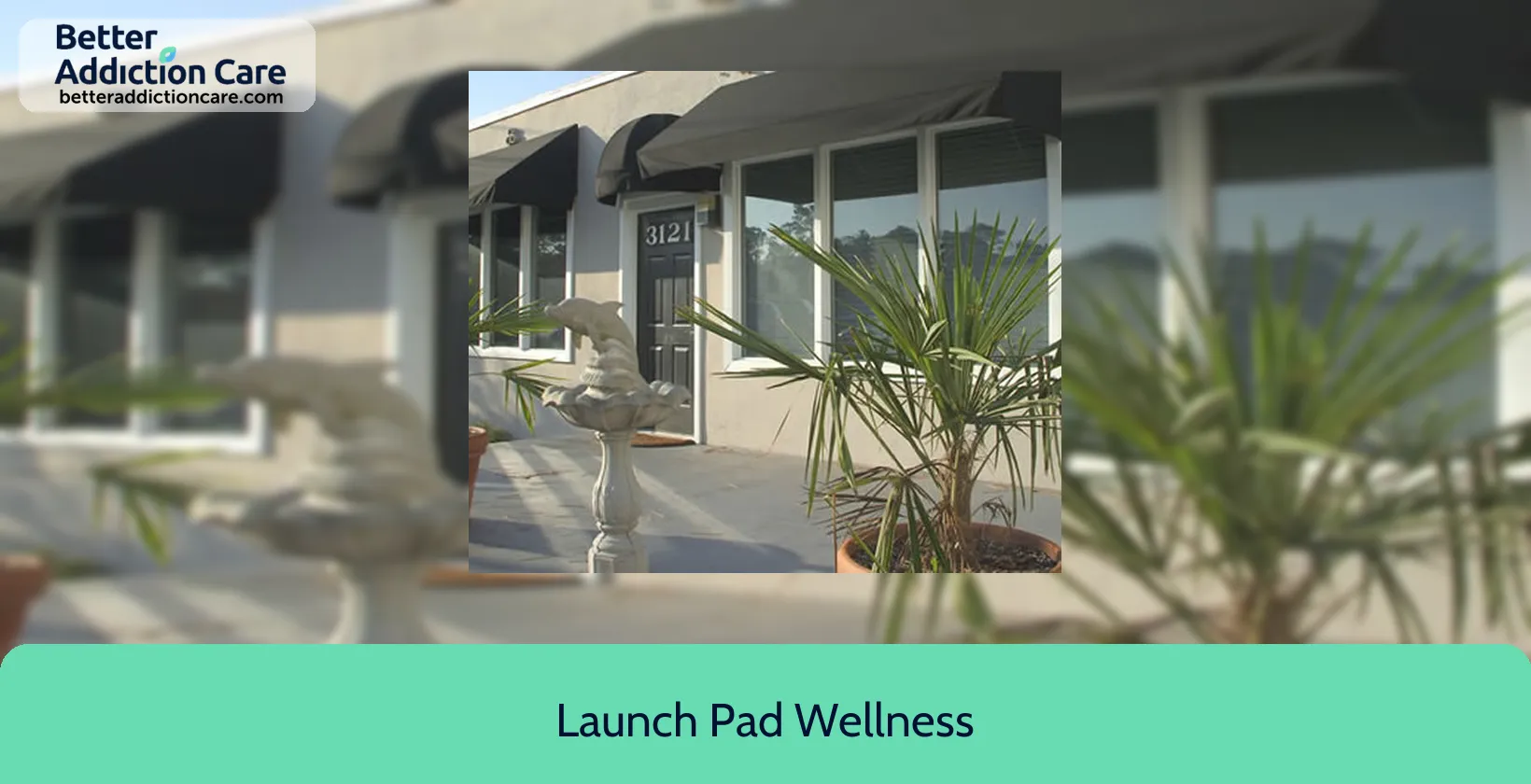

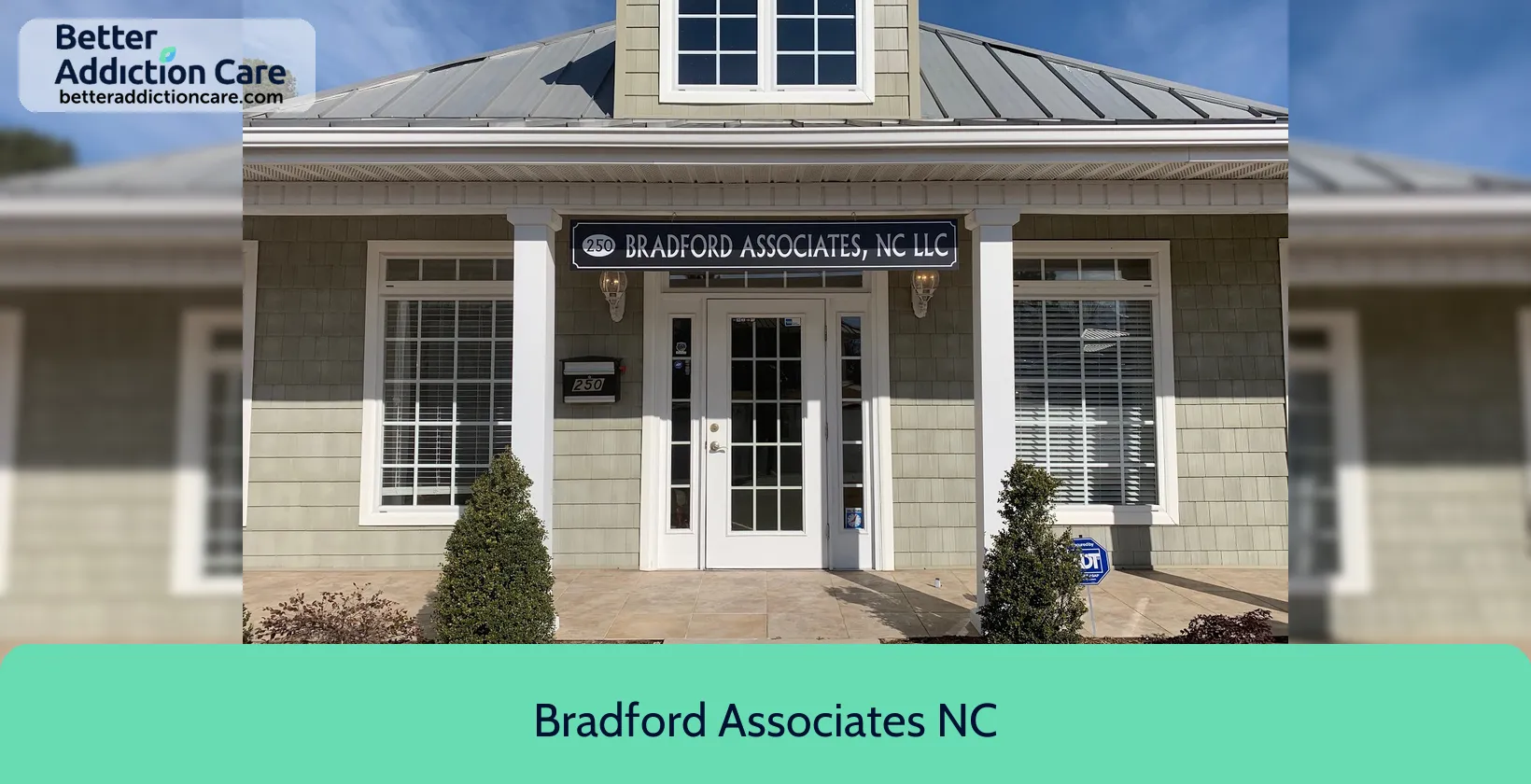
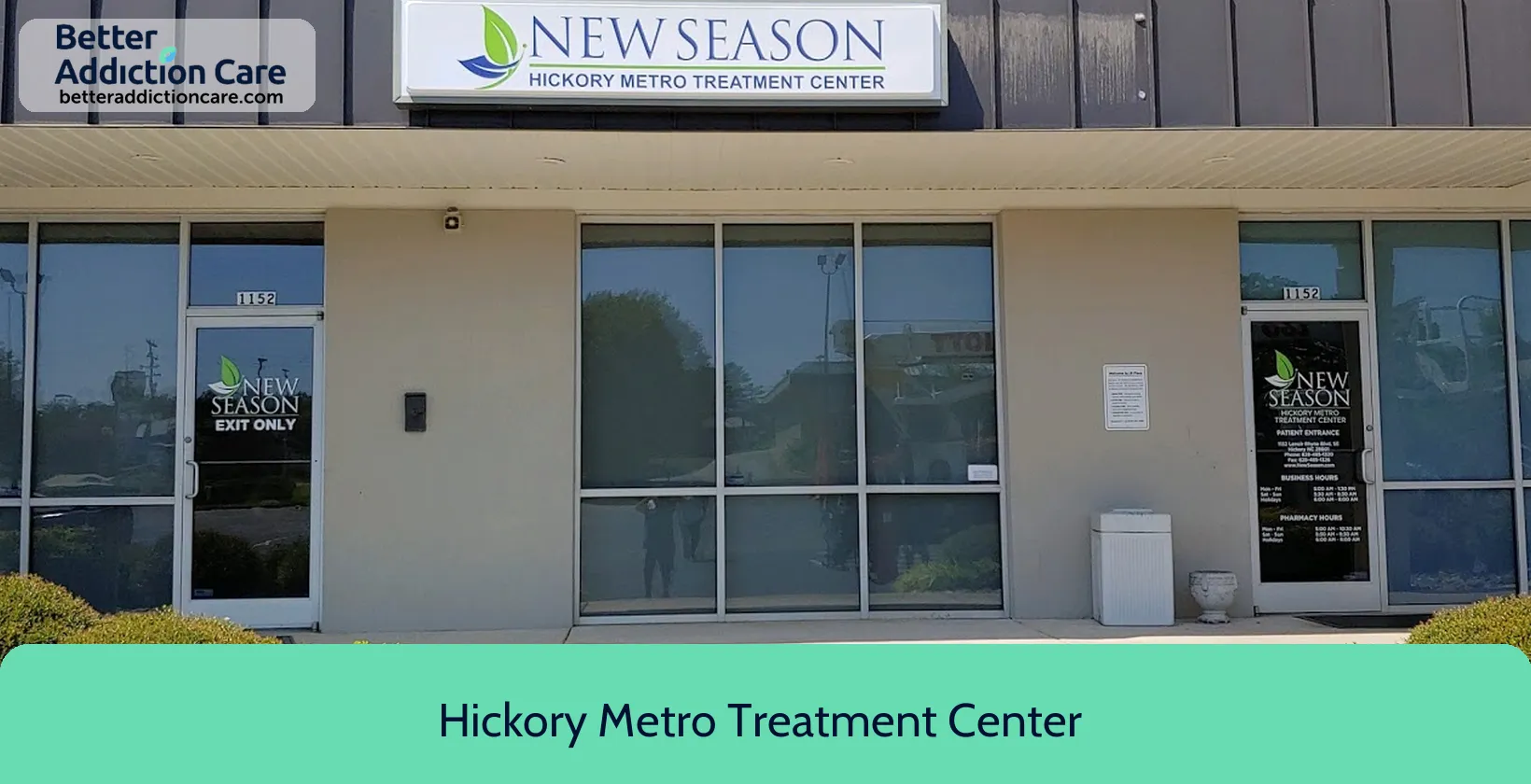

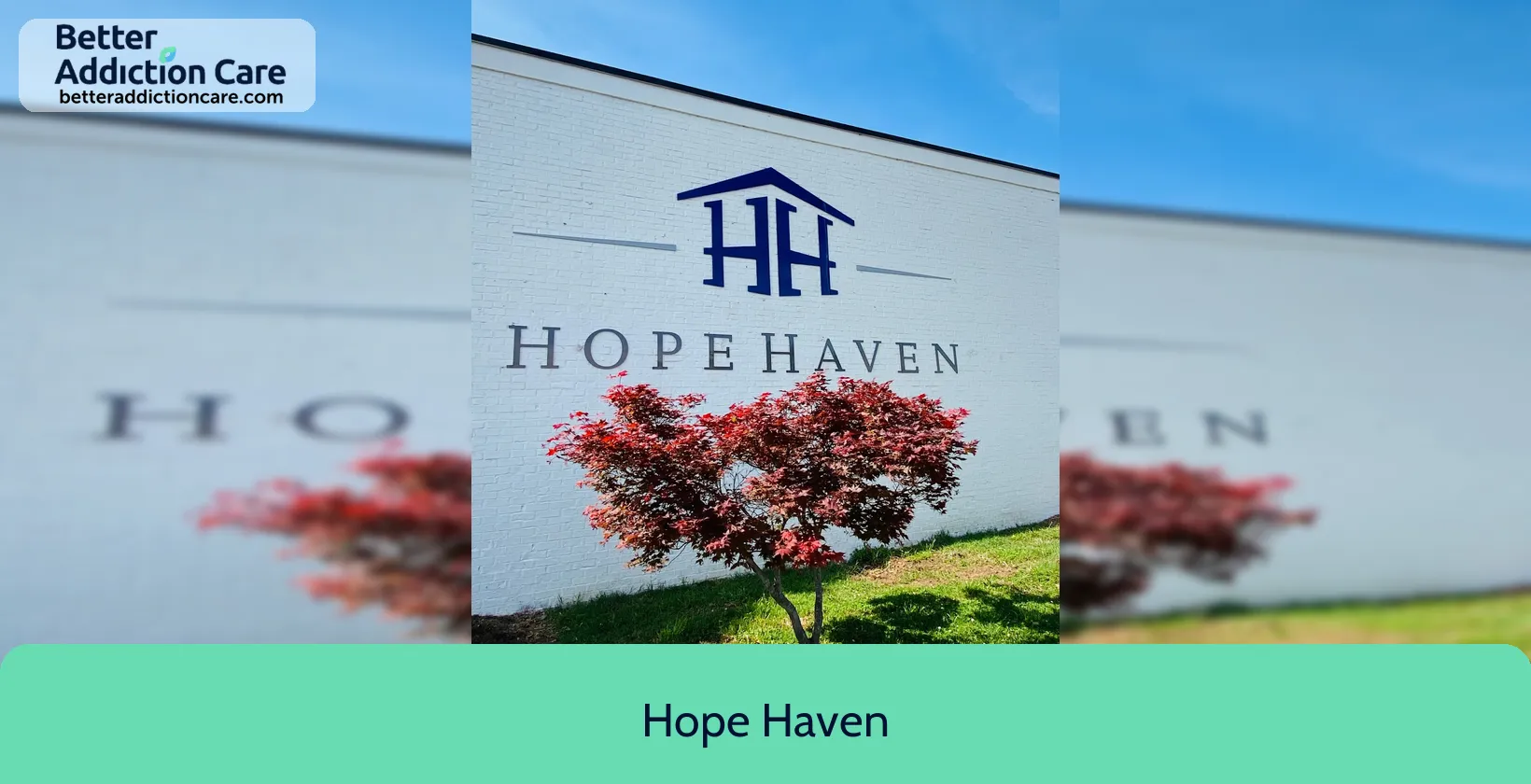
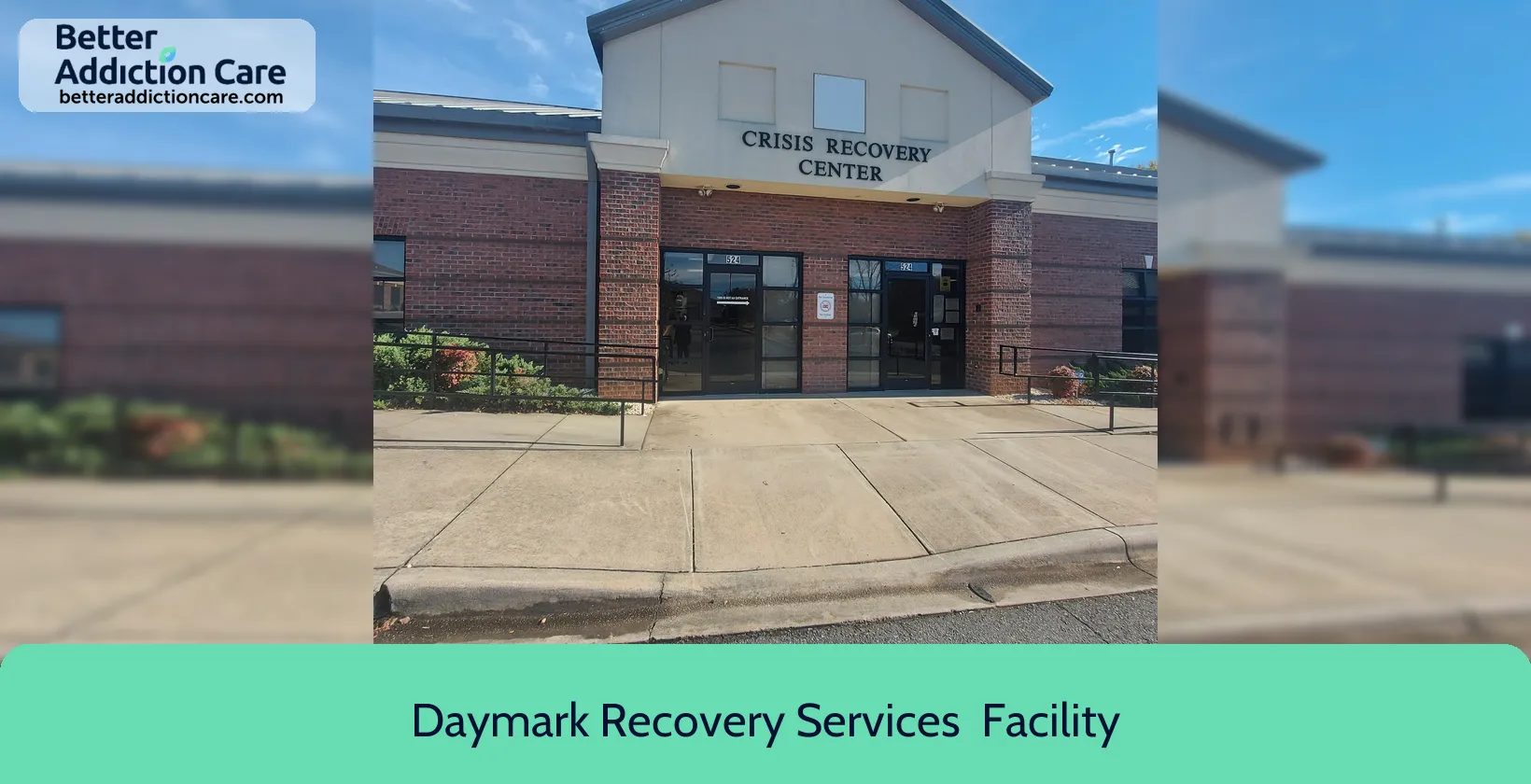



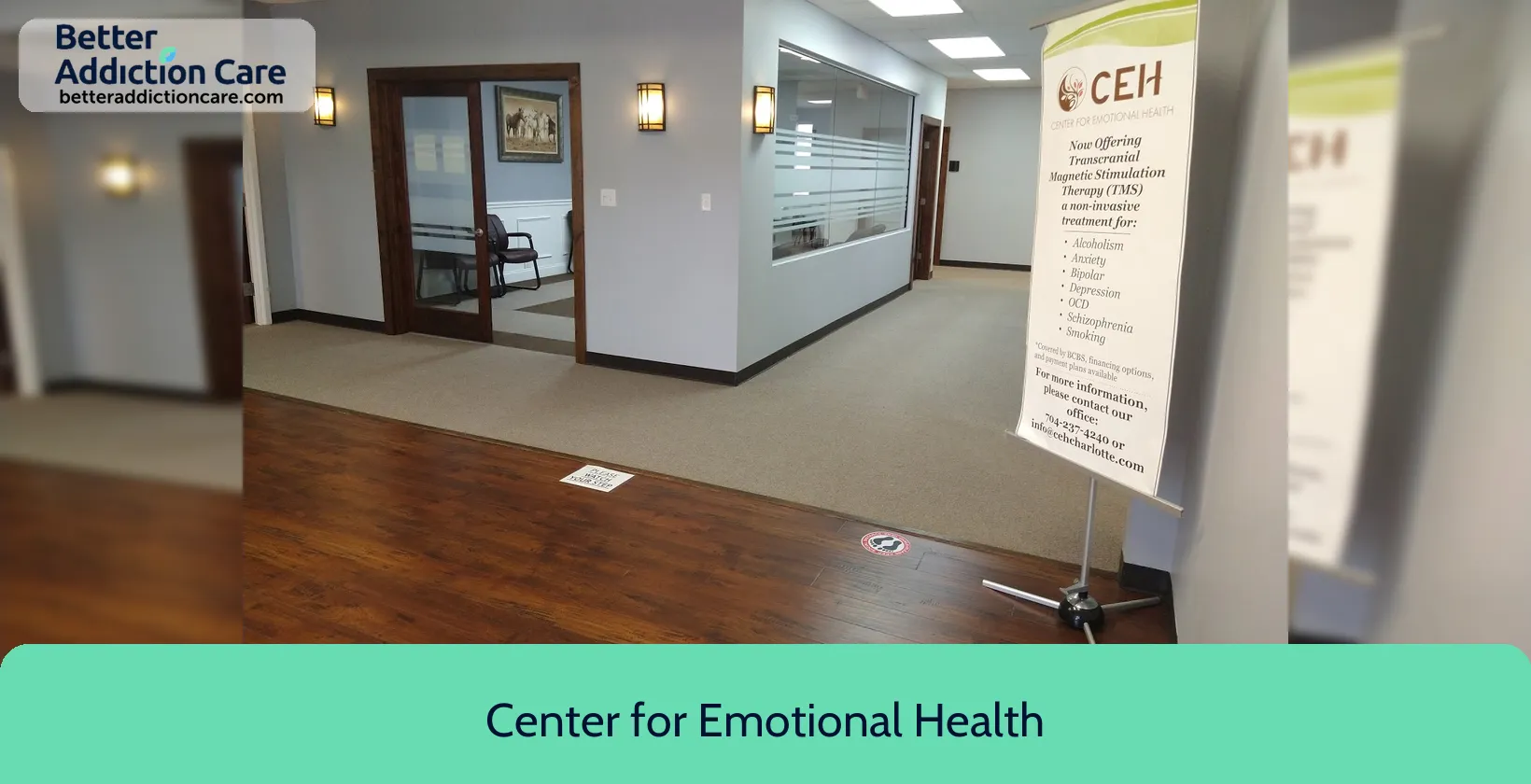


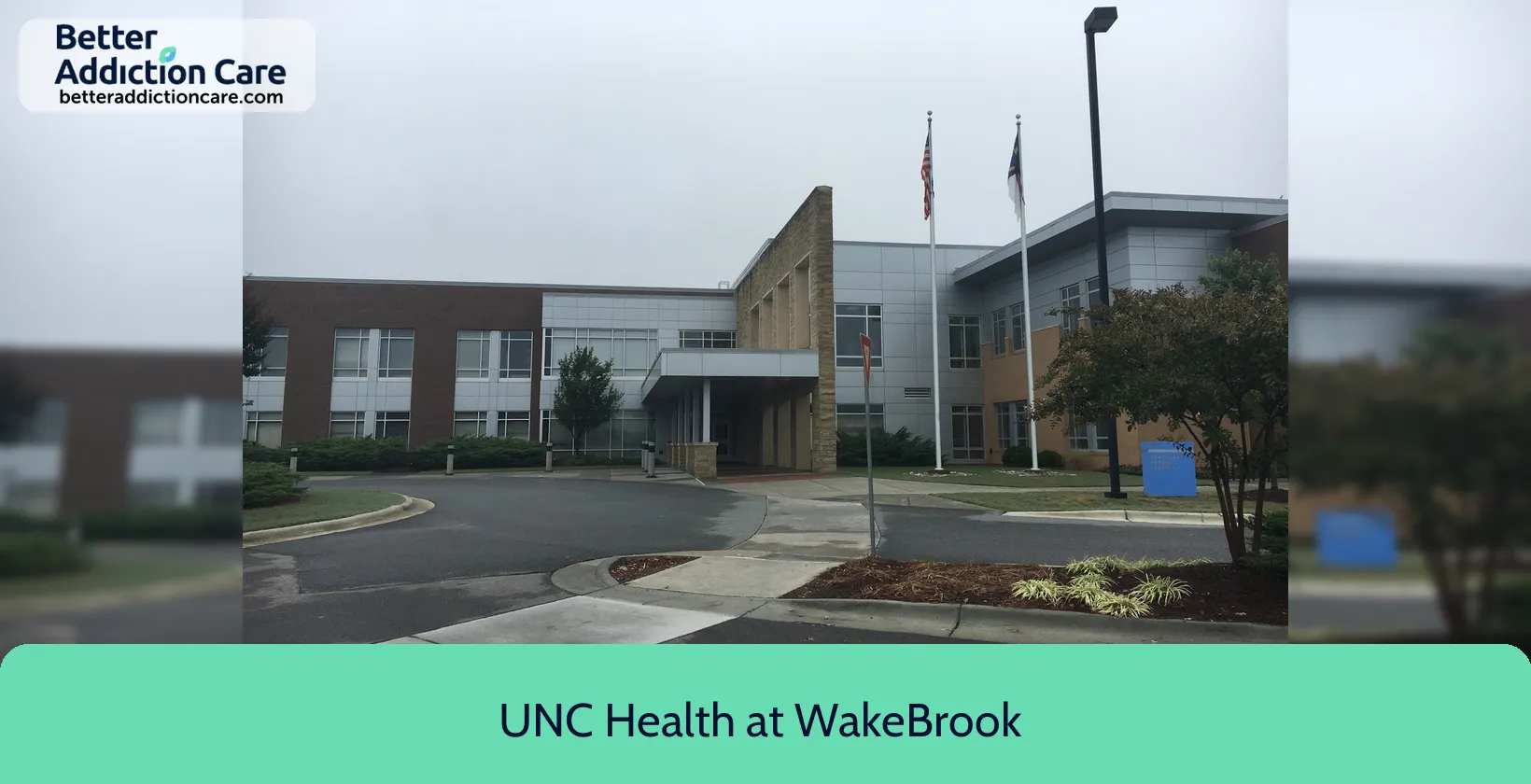

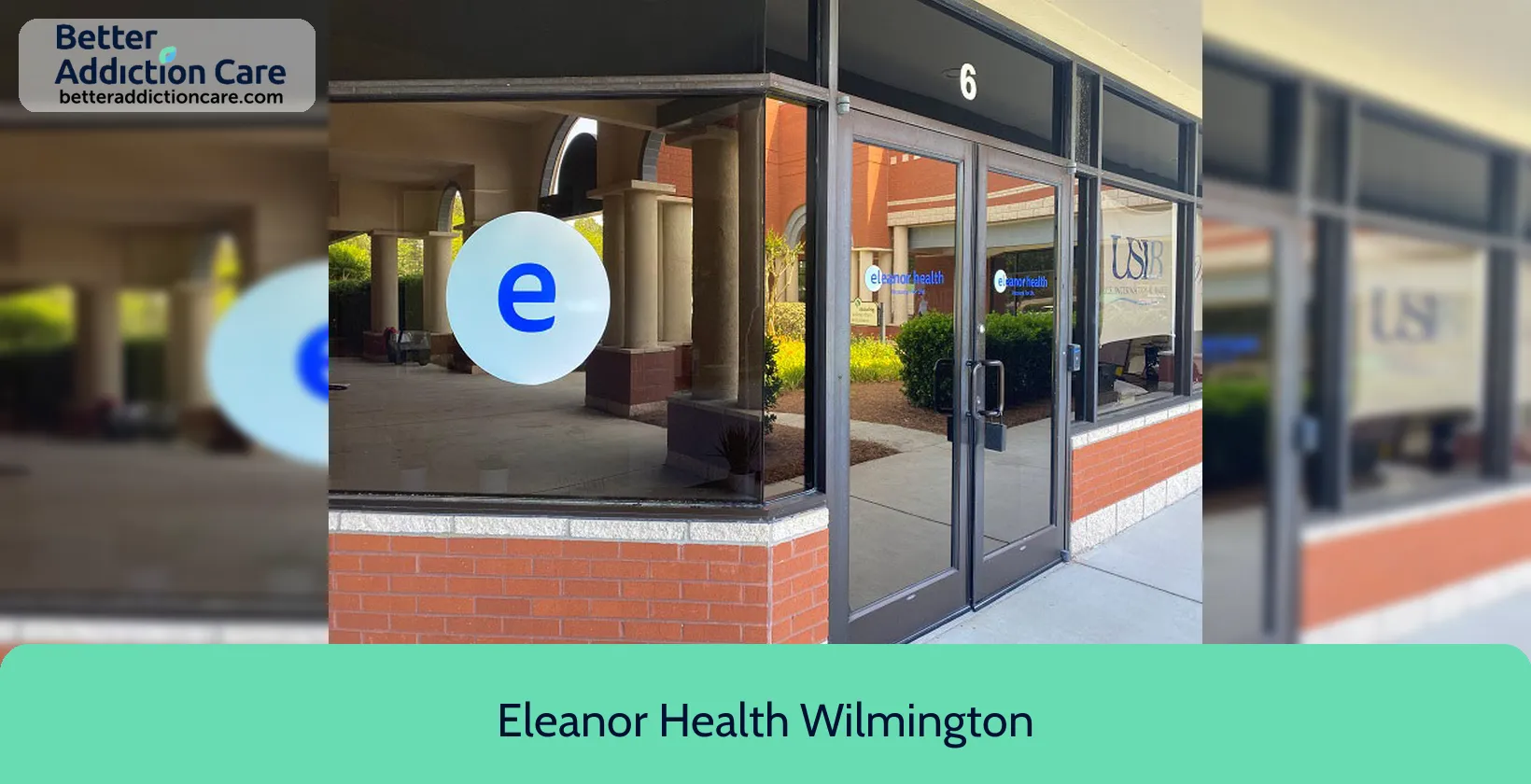



Substance abuse and Mental Health facilities Report for North Carolina
28th
Cheapest To Most Expensive State Rank
670
Substance Abuse Facilities
49,520
Number of Patients Annually
46,796
Annual Enrollments
$79M
Spent on Outpatient Services (Million)
$1,703.00
Avg Outpatient Rehab Cost
2,286
Residential Admissions
$129M
Spent on Residential Treatment (Million)
$56,759.00
Residential Rehab Pay (Up To)
438
Total Patients
16
Free Drug Rehab Facilities
Alcoholism, Drug Abuse, Mental Health, and Treatment in North Carolina
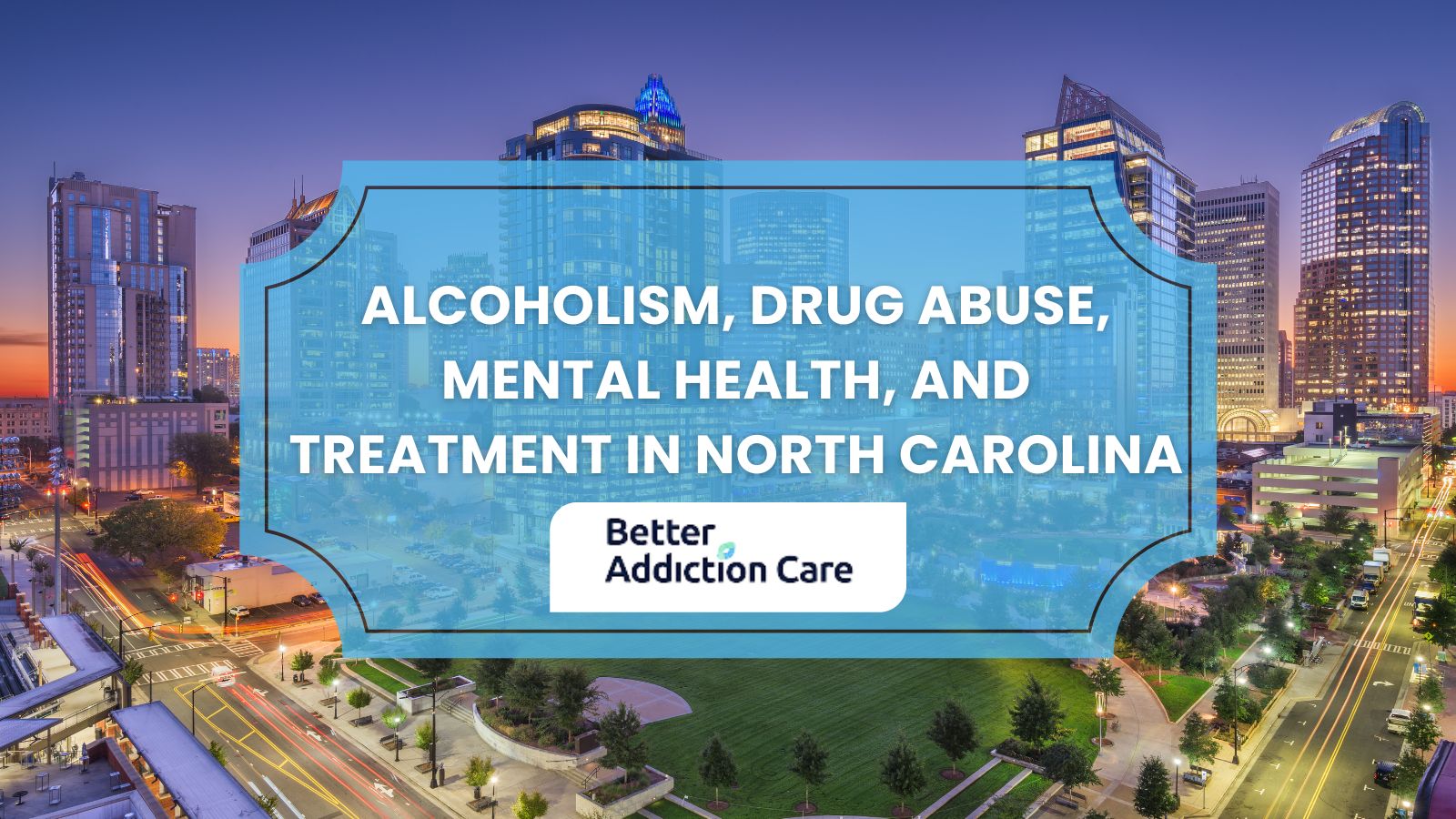
What are the main addictions people in North Carolina suffer from?
The main addictions people in North Carolina suffer from include:
- Alcohol Addiction: 1,039,040 individuals (9.72% of the population) have been affected with alcohol addiction. 563,682 males (54.3%) are higher in number as compared to 475,358 females (45.7%) facing alcohol addiction.
- Marijuana Addiction: 1,112,800 individuals (10.4% of the population) have used marijuana in the past year. 622,854 males (56%) as compared to 489,946 (44%) females affected from marijuana addiction.
- Prescription Pain Reliever Addiction: 310,300 individuals (2.9% of the population) misuse Prescription Pain Relievers. 171,873 (55.4%) males are affected from Pain reliever addiction, while females are 138,427 (44.6%).
- Cocaine Addiction: 180,830 individuals (1.69% of the population) used cocaine in the past year. 101,248 (56%) males as compared to 79,582 (44%) females facing Cocaine Addiction.
- Methamphetamine Addiction: 73,830 individuals (0.69% of the population) misuse methamphetamine. 41,171 (55.7%) males as compared to 32,659 (44.3%) females facing methamphetamine addiction.
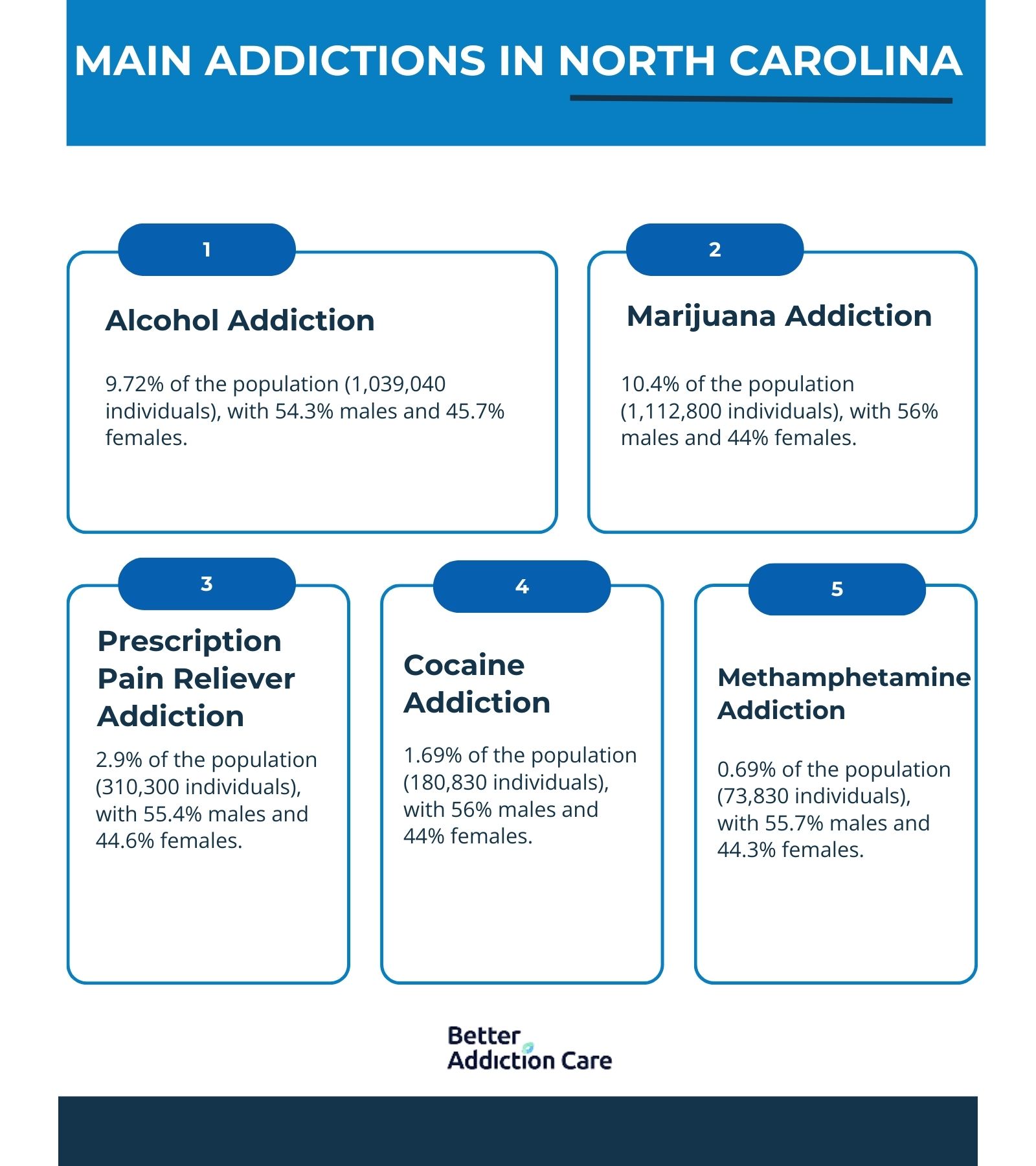
What is the cost of rehab centers in North Carolina?
The cost of rehab centers in North Carolina is $56,759. Inpatient rehab programs cost $50,000 for a standard 30-day treatment, while outpatient programs are more affordable, averaging around $1,764 per admission. In North Carolina, the cost of rehab for substance addictions varies significantly depending on the type of treatment program and the addiction being addressed.
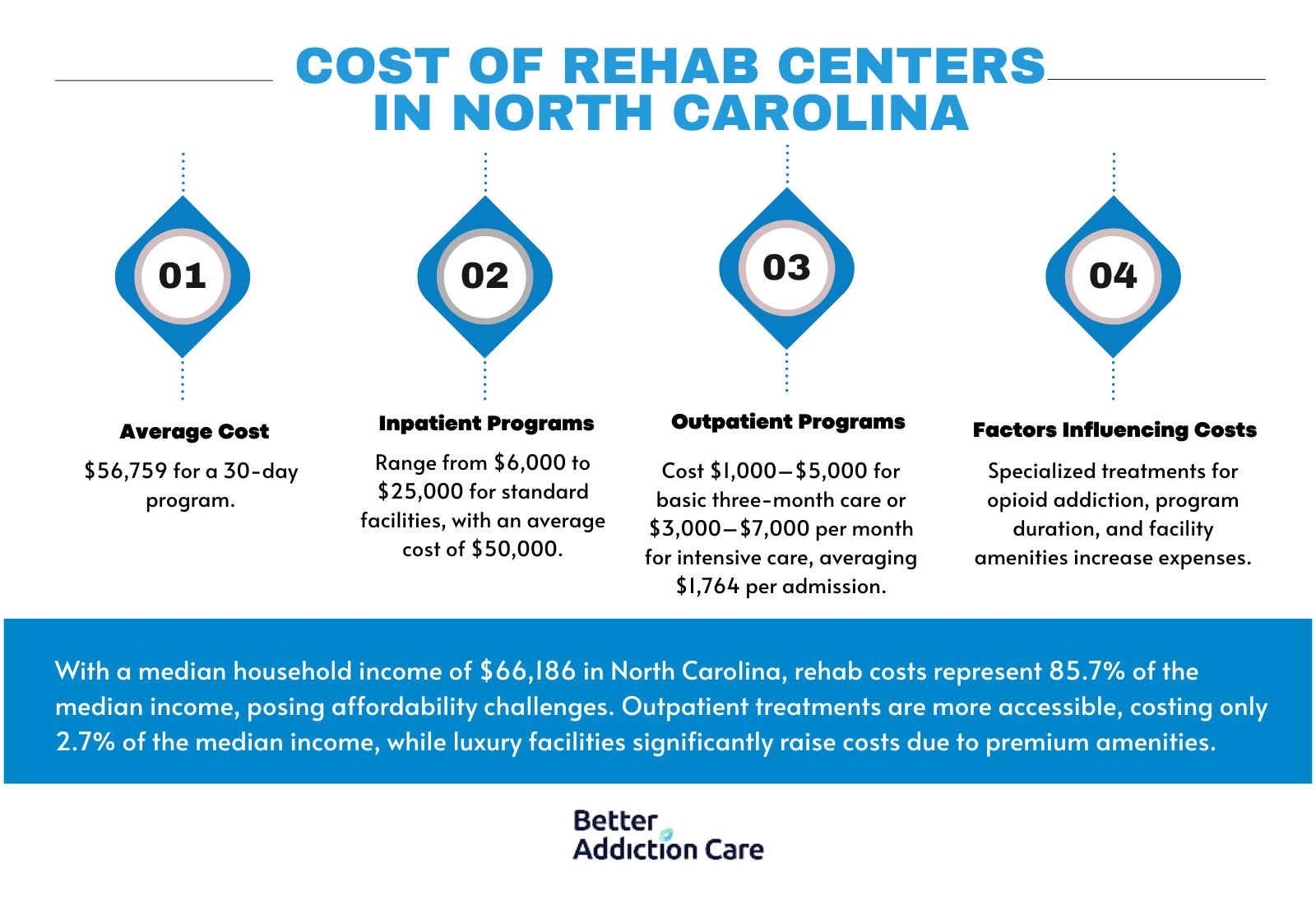
Factors influencing these costs of rehab centers in North Carolina include the type of addiction, with treatments for substances like opioids requiring specialized medications and therapies, and the program’s intensity and duration, as more intensive or longer programs increase expenses. Inpatient treatments range from $6,000 to $25,000 depending on the facility’s amenities, while outpatient programs cost $1,000 to $5,000 for basic three-month programs or $3,000 to $7,000 per month for intensive outpatient care.
North Carolina's median household income is $66,186. The cost of rehab centers constitutes 85.7% of the median income, making it a significant financial burden for many families. The affordability of these treatments varies greatly, outpatient treatment at $1,764 per admission is accessible, representing only 2.7% of the median household income. Costs of rehab centers increase depending on the type of rehab center chosen, with luxury or private facilities charging substantially more due to enhanced amenities and personalized care. These factors underscore the importance of carefully evaluating treatment options to balance cost with the necessary level of care.
What is the cost of LGBTQ+ rehab centers in North Carolina?
The cost of LGBTQ+ rehab centers in North Carolina is $56,000. Inpatient rehab programs cost $50,000 for a standard 30-day treatment, while outpatient programs are more affordable, averaging $1,764 per admission. In North Carolina, the cost of LGBTQ+ rehab for substance addictions varies significantly depending on the type of treatment program and the addiction being addressed.
Factors influencing these costs of LGBTQ+ rehab centers in North Carolina include the type of addiction, with treatments for substances like opioids requiring specialized medications and therapies, and the program’s intensity and duration, as more intensive or longer programs increase expenses. Inpatient treatments range from $6,000 to $25,000 depending on the facility’s amenities, while outpatient programs cost $1,000 to $5,000 for basic three-month programs or $3,000 to $7,000 per month for intensive outpatient care.
North Carolina's median household income is $66,186. The cost of LGBTQ+ rehab centers constitutes 84.6% of the median income, making it a significant financial burden for many families. The affordability of these treatments varies greatly, outpatient treatment at $1,764 per admission is accessible, representing only 2.7% of the median household income. Costs of LGBTQ+ rehab centers increase depending on the type of rehab center chosen, with luxury or private facilities charging substantially more due to enhanced amenities and personalized care. These factors underscore the importance of carefully evaluating treatment options to balance cost with the necessary level of care.
What is the cost of Faith-Based rehab centers in North Carolina?
The cost of Faith-Based rehab centers in North Carolina is $55,490. Inpatient rehab programs cost $50,000 for a standard 30-day treatment, while outpatient programs are more affordable, averaging $1,764 per admission. In North Carolina, the cost of Faith-Based rehab for substance addictions varies significantly depending on the type of treatment program and the addiction being addressed.
Factors influencing these costs of Faith-Based rehab centers in North Carolina include the type of addiction, with treatments for substances like opioids requiring specialized medications and therapies, and the program’s intensity and duration, as more intensive or longer programs increase expenses. Inpatient treatments range from $6,000 to $25,000 depending on the facility’s amenities, while outpatient programs cost $1,000 to $5,000 for basic three-month programs or $3,000 to $7,000 per month for intensive outpatient care.
North Carolina's median household income is $66,186. The cost of Faith-Based rehab centers constitutes 83.8% of the median income, making it a significant financial burden for many families. The affordability of these treatments varies greatly, outpatient treatment at $1,764 per admission is accessible, representing only 2.7% of the median household income. Costs of Faith-Based rehab centers increase depending on the type of rehab center chosen, with luxury or private facilities charging substantially more due to enhanced amenities and personalized care. These factors underscore the importance of carefully evaluating treatment options to balance cost with the necessary level of care.
What is the cost of Men-Only rehab centers in North Carolina?
The cost of Men-Only rehab centers in North Carolina is $54,000. Inpatient rehab programs cost $50,000 for a standard 30-day treatment, while outpatient programs are more affordable, averaging $1,764 per admission. In North Carolina, the cost of Men-Only rehab for substance addictions varies significantly depending on the type of treatment program and the addiction being addressed.
Factors influencing these costs of Men-Only rehab centers in North Carolina include the type of addiction, with treatments for substances like opioids requiring specialized medications and therapies, and the program’s intensity and duration, as more intensive or longer programs increase expenses. Inpatient treatments range from $6,000 to $25,000 depending on the facility’s amenities, while outpatient programs cost $1,000 to $5,000 for basic three-month programs or $3,000 to $7,000 per month for intensive outpatient care.
North Carolina's median household income is $66,186. The cost of Men-Only rehab centers constitutes 81.6% of the median income, making it a significant financial burden for many families. The affordability of these treatments varies greatly, outpatient treatment at $1,764 per admission is accessible, representing only 2.7% of the median household income. Costs of Men-Only rehab centers increase depending on the type of rehab center chosen, with luxury or private facilities charging substantially more due to enhanced amenities and personalized care. These factors underscore the importance of carefully evaluating treatment options to balance cost with the necessary level of care.
What is the cost of Women-Only rehab centers in North Carolina?
The cost of Women-Only rehab centers in North Carolina is $53,500. Inpatient rehab programs cost $50,000 for a standard 30-day treatment, while outpatient programs are more affordable, averaging $1,764 per admission. In North Carolina, the cost of Women-Only rehab for substance addictions varies significantly depending on the type of treatment program and the addiction being addressed.
Factors influencing these costs of Women-Only rehab centers in North Carolina include the type of addiction, with treatments for substances like opioids requiring specialized medications and therapies, and the program’s intensity and duration, as more intensive or longer programs increase expenses. Inpatient treatments range from $6,000 to $25,000 depending on the facility’s amenities, while outpatient programs cost $1,000 to $5,000 for basic three-month programs or $3,000 to $7,000 per month for intensive outpatient care.
North Carolina's median household income is $66,186. The cost of Women-Only rehab centers constitutes about 80.8% of the median income, making it a significant financial burden for many families. The affordability of these treatments varies greatly, outpatient treatment at $1,764 per admission is accessible, representing only 2.7% of the median household income. Costs of Women-Only rehab centers increase depending on the type of rehab center chosen, with luxury or private facilities charging substantially more due to enhanced amenities and personalized care. These factors underscore the importance of carefully evaluating treatment options to balance cost with the necessary level of care.
What is the cost of Teen rehab centers in North Carolina?
The cost of Teen rehab centers in North Carolina is $52,000. Inpatient rehab programs cost $50,000 for a standard 30-day treatment, while outpatient programs are more affordable, averaging $1,764 per admission. In North Carolina, the cost of Teen rehab for substance addictions varies significantly depending on the type of treatment program and the addiction being addressed.
Factors influencing these costs of Teen rehab centers in North Carolina include the type of addiction, with treatments for substances like opioids requiring specialized medications and therapies, and the program’s intensity and duration, as more intensive or longer programs increase expenses. Inpatient treatments range from $6,000 to $25,000 depending on the facility’s amenities, while outpatient programs cost $1,000 to $5,000 for basic three-month programs or $3,000 to $7,000 per month for intensive outpatient care.
North Carolina's median household income is $66,186. The cost of Teen rehab centers constitutes about 78.5% of the median income, making it a significant financial burden for many families. The affordability of these treatments varies greatly, outpatient treatment at $1,764 per admission is accessible, representing only 2.7% of the median household income. Costs of Teen rehab centers increase depending on the type of rehab center chosen, with luxury or private facilities charging substantially more due to enhanced amenities and personalized care. These factors underscore the importance of carefully evaluating treatment options to balance cost with the necessary level of care.
What is the cost of Young Adult rehab centers in North Carolina?
The cost of Young Adult rehab centers in North Carolina is $51,900. Inpatient rehab programs cost $50,000 for a standard 30-day treatment, while outpatient programs are more affordable, averaging $1,764 per admission. In North Carolina, the cost of Young Adult rehab for substance addictions varies significantly depending on the type of treatment program and the addiction being addressed.
Factors influencing these costs of Young Adult rehab centers in North Carolina include the type of addiction, with treatments for substances like opioids requiring specialized medications and therapies, and the program’s intensity and duration, as more intensive or longer programs increase expenses. Inpatient treatments range from $6,000 to $25,000 depending on the facility’s amenities, while outpatient programs cost $1,000 to $5,000 for basic three-month programs or $3,000 to $7,000 per month for intensive outpatient care.
North Carolina's median household income is $66,186. The cost of Young Adult rehab centers constitutes about 78.4% of the median income, making it a significant financial burden for many families. The affordability of these treatments varies greatly, outpatient treatment at $1,764 per admission is accessible, representing only 2.7% of the median household income. Costs of Young Adult rehab centers increase depending on the type of rehab center chosen, with luxury or private facilities charging substantially more due to enhanced amenities and personalized care. These factors underscore the importance of carefully evaluating treatment options to balance cost with the necessary level of care.
What is the cost of Luxury Rehab centers in North Carolina?
The cost of rehab centers in North Carolina is $85,000, an extended 60 day stay. Inpatient rehab programs cost $50,000 for a standard 30-day treatment, while outpatient programs are more affordable, averaging $1,764 per admission. In North Carolina, the cost of rehab for substance addictions varies significantly depending on the type of treatment program and the addiction being addressed.
Factors influencing these costs of rehab centers in North Carolina include the type of addiction, with treatments for substances like opioids requiring specialized medications and therapies, and the program’s intensity and duration, as more intensive or longer programs increase expenses. Inpatient treatments range from $6,000 to $25,000 depending on the facility’s amenities, while outpatient programs cost $1,000 to $5,000 for basic three-month programs or $3,000 to $7,000 per month for intensive outpatient care.
North Carolina's median household income is $66,186. The cost of extended rehab programs constitutes 128.4% of the median income. The affordability of these treatments varies greatly, outpatient treatment at $1,764 per admission is accessible, representing only 2.7% of the median household income. Costs of rehab centers increase depending on the type of rehab center chosen, with luxury or private facilities charging substantially more due to enhanced amenities and personalized care. These factors underscore the importance of carefully evaluating treatment options to balance cost with the necessary level of care.
What is the cost of Dual Diagnosis rehab centers in North Carolina?
The cost of Dual Diagnosis rehab centers in North Carolina is $54,759. Inpatient rehab programs cost $50,000 for a standard 30-day treatment, while outpatient programs are more affordable, averaging $1,764 per admission. In North Carolina, the cost of Dual Diagnosis rehab for substance addictions varies significantly depending on the type of treatment program and the addiction being addressed.
Factors influencing these costs of Dual Diagnosis rehab centers in North Carolina include the type of addiction, with treatments for substances like opioids requiring specialized medications and therapies, and the program’s intensity and duration, as more intensive or longer programs increase expenses. Inpatient treatments range from $6,000 to $25,000 depending on the facility’s amenities, while outpatient programs cost $1,000 to $5,000 for basic three-month programs or $3,000 to $7,000 per month for intensive outpatient care.
North Carolina's median household income is $66,186. The cost of Dual Diagnosis rehab centers constitutes about 82.7% of the median income, making it a significant financial burden for many families. The affordability of these treatments varies greatly, outpatient treatment at $1,764 per admission is accessible, representing only 2.7% of the median household income. Costs of Dual Diagnosis rehab centers increase depending on the type of rehab center chosen, with luxury or private facilities charging substantially more due to enhanced amenities and personalized care. These factors underscore the importance of carefully evaluating treatment options to balance cost with the necessary level of care.
Is drug abuse and addiction a problem in North Carolina?
Yes, drug abuse and addiction is a problem in North Carolina, driven by several factors that have intensified over the years. Firstly, the opioid crisis has had a devastating impact on North Carolina, with opioid overdose deaths rising by more than 260% from 2014 to 2024. In recent years, synthetic opioids like fentanyl have become increasingly prevalent, contributing to over 77% of opioid-related deaths in 2024. Secondly, methamphetamine use has surged, with law enforcement reporting a significant increase in meth seizures and related arrests since 2017, reflecting growing availability and demand. Thirdly, the co-occurrence of substance abuse and mental health issues exacerbates the problem, with a 9.5% of adults in North Carolina experiencing substance use disorders alongside mental health challenges. These trends demonstrate a sharp increase in drug-related issues over the past decade, highlighting the urgent need for prevention, treatment, and policy efforts to address this escalating crisis.
Is alcoholism a problem in North Carolina?
Yes, alcoholism is a problem in North Carolina, affecting public health and safety in multiple ways. Firstly, excessive drinking, including binge and heavy drinking, is prevalent, with nearly 17% of adults reporting such behaviors in 2024, an increase from 15% a decade earlier. Secondly, alcohol-related deaths, particularly from liver disease, have risen steadily, with a 35% increase in alcohol-attributable mortality rates between 2014 and 2024. Thirdly, impaired driving remains a critical concern, as alcohol was a factor in over 30% of all traffic fatalities in North Carolina, consistent with national trends but representing a persistent problem over the years. These statistics highlight the growing burden of alcohol misuse and its impact on health, safety, and social systems in North Carolina, underscoring the need for targeted prevention and intervention strategies.
Is Mental Health a problem in North Carolina?
Yes, mental health is a problem in North Carolina, with growing challenges impacting individuals and communities. Firstly, the prevalence of mental health disorders has risen, with over 20% of adults experiencing mental illness in 2024, up from 18% a decade ago. Secondly, access to mental health services remains inadequate, particularly in rural areas, where 40% of counties are classified as mental health professional shortage areas, limiting care for those in need. Thirdly, suicide rates have steadily increased, with a 25% rise between 2014 and 2024, reflecting the severe impact of untreated mental health issues. These trends highlight the escalating nature of the mental health crisis in North Carolina, driven by both increasing demand for care and systemic barriers to treatment.
Can you travel to North Carolina for rehab?
Yes, you can travel to North Carolina for rehab, and there are compelling reasons why North Carolina stands out as a destination for treatment. Firstly, North Carolina offers a serene and diverse natural environment, from its picturesque mountains to tranquil coastal areas, providing an ideal setting for recovery and mental rejuvenation. Secondly, the state of North Carolina is home to high-quality rehab centers that cater to a wide range of needs, including specialized programs for different addictions and co-occurring disorders, ensuring tailored care. Thirdly, North Carolina emphasizes community-focused and holistic approaches to recovery, incorporating therapies like outdoor activities, mindfulness, and integrative wellness practices, which enhance the overall treatment experience. These unique advantages make North Carolina a distinctive and effective option for those seeking comprehensive and supportive rehab services.
Can addiction be treated in North Carolina?
Yes, addiction can be treated in North Carolina, and there are several reasons why the state of North Carolina is well-equipped for this. Firstly, North Carolina offers a wide range of treatment options, including inpatient and outpatient programs, detox centers, and medication-assisted treatment (MAT) for various substance addictions. Secondly, the state of North Carolina has a strong network of experienced professionals, including licensed therapists, counselors, and medical providers, who deliver evidence-based care tailored to individual needs.
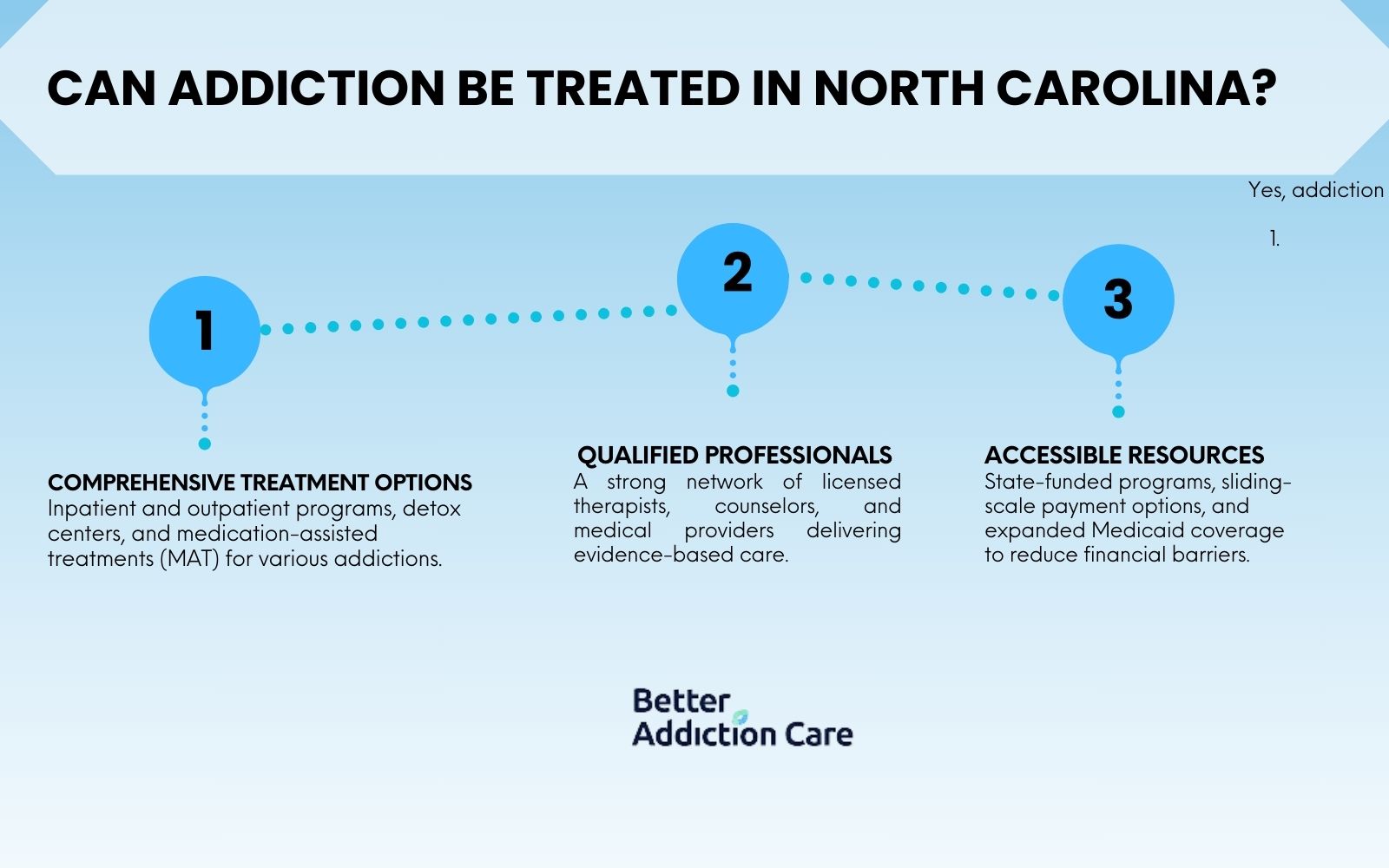
Thirdly, North Carolina prioritizes accessibility to treatment through state-funded programs, sliding-scale payment options, and initiatives like expanded Medicaid coverage, ensuring more people receive the help they need. These factors collectively make North Carolina a supportive environment for addiction recovery.
What is the state of North Carolina?
The state of North Carolina is in the southeastern United States. It has a population of 10.7 million people, with about 5.2 million males and 5.5 million females. The state of North Carolina is bordered by Virginia to the north, Tennessee to the west, Georgia and South Carolina to the south, and the Atlantic Ocean to the east.
Economically, North Carolina is a diverse state with a growing economy. It ranks among the top states for industries like technology, finance, agriculture, and manufacturing. North Carolina’s median household income is $66,186, which is slightly below the national median, reflecting a mix of affluent urban areas like Raleigh and Charlotte and less prosperous rural regions. Overall, North Carolina is a state with a moderate economic standing, balancing economic growth with challenges in addressing disparities across its communities.
What is the population of North Carolina?
The population of North Carolina is 10.5 million people. The gender distribution consists of 5.1 million males (48.6%) and 5.4 million females (51.4%). When broken down by age group, 2.33 million people (22.2%) are under 18 years old, around 6.59 million people (62.8%) fall within the 18 to 64 age group, and 1.58 million people (15%) are aged 65 and older. These figures illustrate North Carolina's demographic makeup, with the majority in the working-age category, while younger and older populations make up smaller but significant portions of the total.
What is the income of people from North Carolina?
The income of people from North Carolina is $40,414, per capita income, which is 90% of the national average. The median household income stands at $66,186, reflecting a diverse economic landscape across North Carolina. Income levels vary across different age groups and genders. Householders under 25 years old have a median income of $40,836, which is 61.7% of the state median. Those aged 25 to 44 earn $76,232, or 115.2% of the median, reflecting their peak earning potential.
The highest median income is seen in the 45 to 64 age group at $82,179, or 124.2% of the median, while householders aged 65 and older have a reduced income of $51,289, 77.5% of the state median. Gender disparities are also evident, with males aged 15 and older earning a median income of $42,649, compared to $30,657 for females of the same age group. These differences highlight the economic disparities within North Carolina, with income peaking in midlife and significant gaps persisting between genders.



